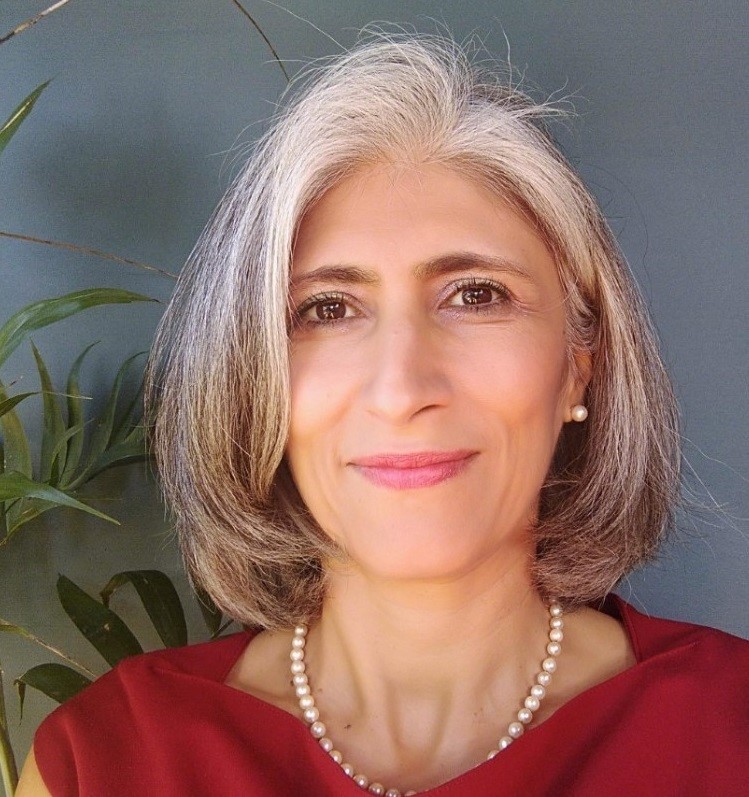
Dr Fabiola Martin, the elected President of International Retrovirology Association (IRVA), who is also a lead clinical educator at True, was recently invited to present on the World HTLV day (10 Nov), at the Pan American Health Organisation (PHAO) and World Health Organisation's (WHO) international webinar entitled: International Policy Forum for the Elimination of Human T Leukaemia Virus (HTLV).
Fabiola’s presentation focused on why HTLV, a sexually transmitted virus, should be eliminated.
Worldwide about 5-10 million people are burdened by HTLV type 1 virus (HTLV-1). Similar to HIV, it is transmitted through condom-less sex and breast milk but unlike HIV it causes severe disease in about 5% of people infected. Infection and disease mostly affect women. People can develop Adult T cell Lymphoma/ Leukaemia (ATL) and/or chronic, disabling, and painful inflammatory conditions such as HTLV-1 associated myelopathy or infective dermatitis. Currently there is no cure for HTLV-1. We know that HTLV-1 can be found in high concentrations in small groups of people such as people living in the Caribbean basin, Northeast Iran, South Japan, and Central Australia.
With many currently available public health transmission preventions tools it is possible to eliminate HTLV-1 in these populations as long as these methods are used in consultation with patients and their clinicians in a safe and patient tailored way. We have seen a reduction in HTLV prevalence in Japan and Martinique through the implementation of HTLV testing in antenatal clinics.
Fabiola says: “It is time to eliminate HTLV-1/2 because nobody likes to have an STI, go blind, be wheelchair bound, have chronic pain, have sexual dysfunction, lose their job and be poor, stigmatised and ostracised, die of a horrible cancer or see her child suffer.”
Watch the HTLV webinar here (Fabiola speaks at the 27 minute mark)
In honour of World HTLV Day, the BMJ STI has released a podcast where Fabiola, as the BMJ STI podcast editor, interviews patients and scientists on unmet needs, new HTLV treatment and vaccination research.
Listen to the BMJ STI podcast here